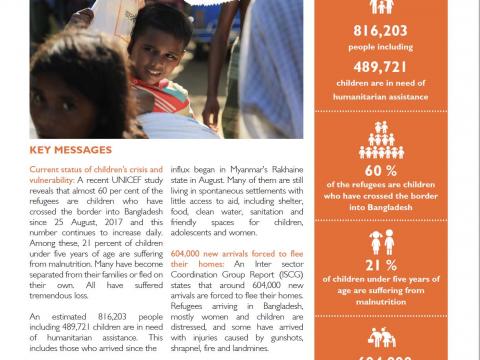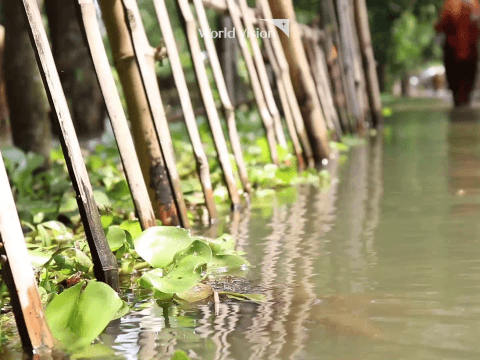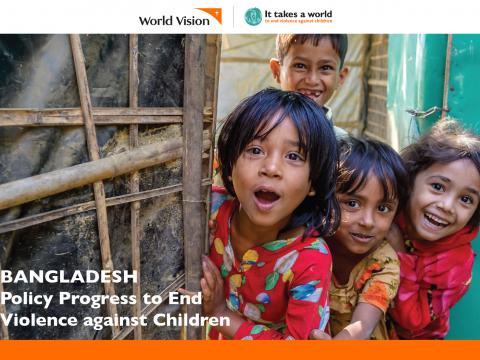Adapting to a New Normal: Digital Social Behavior Change
Download
In some parts of southwest Bangladesh, between 25 and 34 percent of households live below the poverty line of $1.90 a day. The COVID-19 crisis is affecting these households and having macro level impact on public services, economic systems and social dynamics that will take much longer to recover from. To make matters worse, this southwest coastal region is subject to many natural and man-made challenges. The area is frequently hit with cyclones - the most recent being super cyclone Amphan which made landfall in May 2020 – causing floods and damages to homes and livelihoods already weakened by the impacts of COVID-19
In March 2020, the Government of Bangladesh first initiated general holidays to contain the pandemic. Starting from 26 March 2020, the Government of Bangladesh announced general holidays for a period of two weeks. The general holiday was extended seven times till 30 May. During this time all Government offices, education institutions and private companies remained closed.
Since 1 June Government offices and other offices have partially opened and movement restrictions have been relaxed. Whilst these measures were critical to curb transmission of COVID-19, they also had implications on livelihoods, food security, nutrition and health. Local administrations stopped all community gatherings including meetings and SBC sessions that convened groups of more than 20 people. In this backdrop, it was essential to adapt and rethink traditional strategies of reaching households with SBC.



